Discover Intelligent Design the Future
Intelligent Design the Future

Intelligent Design the Future
Author: Discovery Institute's Center for Science and Culture
Subscribed: 1,184Played: 120,741Subscribe
Share
© Discovery Institute
Description
The ID The Future (IDTF) podcast carries on Discovery Institute's mission of exploring the issues central to evolution and intelligent design. IDTF is a short podcast providing you with the most current news and views on evolution and ID. IDTF delivers brief interviews with key scientists and scholars developing the theory of ID, as well as insightful commentary from Discovery Institute senior fellows and staff on the scientific, educational and legal aspects of the debate. Episode notes and archives available at idthefuture.com.
743 Episodes
Reverse
When left to their own devices, the laws of nature tend toward death, not life. So what does it take for life to exist? On this classic ID The Future out of the vault, host Eric Anderson begins a two-part conversation with physician Howard Glicksman about some of the remarkable engineering challenges that have to be solved to produce and maintain living organisms such as ourselves. Glicksman is co-author with systems engineer Steve Laufmann of the book Your Designed Body, an exploration of the extraordinary system of systems that encompasses thousands of ingenious and interdependent engineering solutions to keep us alive and ticking. This is Part 1 of a two-part conversation.
Source
What is the ultimate origin of the information that powers life and the universe? For materialists, matter and energy are the fundamental stuff of life, but an even more crucial element is missing from that equation: information. And as our parents likely reminded us, you don't get anything in this life for free. On this ID The Future, host Andrew McDiarmid concludes his four-part conversation with mathematician and philosopher Dr. William Dembski about his work on the law of conservation of information and how it can help us critically evaluate scientific theories of origins. In this final segment, Dembski explains the ultimate origin of information: what he calls irreducible intelligence. Don't miss other segments of this conversation in separate episodes!
Source
Nothing's free in life. It's a sobering reality we all come to realize in life. And this cold, hard truth also applies to the realm of biology. On today's ID The Future, host Andrew McDiarmid continues his four-part discussion with mathematician and philosopher Dr. William Dembski. The topic is Dembski's work on the law of conservation of information, a principle asserting that information within a search process is redistributed from pre-existing sources rather than materializing from nothing. In addition to being used in computer science and physics, the law can also be applied to theories of biological origins to evaluate which theory best comports with the reality that all information comes with a cost, and that cost must be adequately explained. This is Part 3 of a four-part conversation.
Source
In his landmark book Darwin's Black Box, biochemist Michael Behe wrote that "to appreciate complexity, you have to experience it." On today's ID The Future out of the vault, we conclude a three-part series with Dr. Jonathan McLatchie that dives into the complexity and design of sexual reproduction. In Part 3, Dr. McLatchie explains the design features of erectile function, the ejaculatory reflex, sperm chemotaxis, and the female egg cell. McLatchie reminds listeners how all separate parts work together as an irreducibly complex whole system. Be sure to catch Parts 1 and 2 of this informative series!
Source
We already have a well-established law that shows us how order can decrease in a physical system. But is there a law that explains an increase in order? Scientists have been looking for "nature's missing law" for a while, and while they might be asking the right questions, their training in a bottom-up reductionist framework is leading them to the wrong answers. On this ID The Future, mathematician and philosopher Dr. William Dembski continues a four-part conversation with host Andrew McDiarmid about his work on the law of conservation of information and its implications for theories that attempt to explain the origin of life and the universe. This is Part 2 of a four-part conversation.
Source
Chances are you’re already familiar with specified complexity, one of the mathematical pillars of the theory of intelligent design. There’s another pillar that is much less well known but equally vital: the law of conservation of information. On this ID The Future, host Andrew McDiarmid begins a four-part conversation with mathematician and philosopher Dr. William Dembski. The conversation unpacks Dembski’s work on the law of conservation of information and its implications for scientific theories like Darwinian evolution. In Part 1, Dr. Dembski begins by defining information fundamentally as the narrowing of possibilities, where specifying one outcome excludes others. Using his a simple analogy of location, he explains that identifying a specific place, like the town of Aubrey, Texas, provides more Read More ›
Source
Sexual reproduction depends on an irreducibly complex core of components for its success. But can we really credit a gradual evolutionary process for this remarkable system? On this classic ID The Future from the archive, host Andrew McDiarmid continues his discussion with Dr. Jonathan McLatchie on why sex is the queen of problems for evolutionary theory and why instead it bears the hallmarks of a system governed by forethought and engineering. Dr. McLatchie covers two more components and explains why they are beyond the reach of a Darwinian process. This is Part 2 of a three-part conversation.
Source
On today's ID the Future, host Casey Luskin continues a deep dive into the mounting hurdles facing origin of life (OOL) research with prebiotic synthesis expert Dr. Edward Peltzer. Peltzer, a seasoned ocean chemist and researcher, breaks down the critical flaws in the RNA world hypothesis, revealing that many successful lab experiments actually rely on investigator interference—intelligently designed interventions that researchers must make in experiments in order to yield results. But that's not how the prebiotic atmosphere would have worked, notes Peltzer: "Unless you've got graduate students and post-docs working on the early Earth to set up these conditions that were used in the experiments, it's not gonna happen."
Peltzer also discusses how the goalposts of origin-of-life theory keep moving as our understanding of cellular complexity expands. And he shares a personal story of censorship as the discussion ends by exploring the risks faced by scientists who question the standard evolutionary paradigm.
This is Part 2 of a two-part conversation. Look for Part 1 in a separate episode.
Source
By now, you may have heard about some of the problems facing the field of origin-of-life research. Maybe you’ve come across Dr. James Tour making the argument that origin-of-life researchers are nowhere near their goal of creating life in a lab or proving a chemical evolutionary scenario for the origin of life. On today's ID The Future, we hear from another expert in origin-of-life chemistry and prebiotic synthesis: Dr. Edward Peltzer. Host Casey Luskin begins a conversation with Peltzer about the significant chemical hurdles facing origin-of-life research, specifically regarding the synthesis of biological building blocks. This is Part 1 of a two-part conversation. Look for Part 2 in a separate episode.
Source
Sexual reproduction ought to be a recipe for evolutionary disaster. It's a waste of resources producing no short-term advantages. It demands an entirely different form of cell division and requires highly designed interconnected components to succeed. And yet, sex reigns supreme in the biological world. On this classic ID The Future episode, Dr. Jonathan McLatchie begins a series on why sex is the queen of problems for evolutionary theory and why instead it bears the hallmarks of a system governed by forethought and engineering. This is Part 1 of 3.
Source
In this ID The Future, host Casey Luskin concludes a two-part conversation with University of Warwick professor and author Steve Fuller reflecting on the 20th anniversary of the Kitzmiller v. Dover trial, a case that examined the constitutionality of teaching intelligent design in public schools. Fuller discusses his experience serving as an expert witness for the defense. He defends his support of a policy that merely informed students of alternative theories to Darwinian evolution. He explains why high school is an ideal time to encourage an open mind toward science. Then he pivots to discuss the deeper issue of institutional censorship in science and how establishment science functions as a religion. He characterizes intelligent design as "anti-establishment" and suggests there's hope for a more pluralistic approach to science in the near future. This is Part 2 of a two-part interview.
Source
On this episode of ID the Future, host Casey Luskin begins a two-part conversation with University of Warwick professor Steve Fuller to reflect on the historical and philosophical foundations of intelligent design (ID) and the 20th anniversary of the Kitzmiller v. Dover trial. Fuller, an expert witness in the Dover trial and a scholar in the history and philosophy of science, challenges the popular "conflict thesis" that suggests that science and religion are perpetually at war. Instead, he describes a different historical understanding where modern science originated from a theological foundation, noting pioneers like Newton and Galileo, who viewed the universe as an intelligible machine designed by a divine mind. This tradition suggests that the very project of science was launched by the belief that human minds, created in the image and likeness of God, are capable of uncovering the logical laws governing reality.
The conversation delves into why intelligent design should be viewed as a rich, interdisciplinary research tradition rather than a modern invention. Fuller explores the concept of biomimicry as a form of reverse engineering nature to uncover the hidden engineering elements within organisms. While Luskin notes that ID can be approached through purely scientific observations of intelligent agency, Fuller argues that theology remains a vital component because it explains why the designer uses "code" or the "logos"—be it in DNA or mathematical laws—as a creative medium.
This insightful first part of a two-part series highlights how ID integrates biology, engineering, and information science to offer a comprehensive explanation for the complexity of the natural world.
Source
On this classic episode of ID The Future, we conclude a 2019 conversation between ID pioneer and biologist Dr. Jonathan Wells and distinguished Brazilian chemist Marcos Eberlin. The occasion for the chat was the publication of Dr. Eberlin’s book Foresight: How the Chemistry of Life Reveals Planning and Purpose. A member of the Brazilian Academy of Sciences, Eberlin is a world leader in the field of mass spectrometry. His book was endorsed by three Nobel laureates.
In the second half of the conversation, Eberlin explains how chemistry reveals foresight in the design of molecules and chemical systems. To the untrained eye, water looks like a simple clear liquid. To the chemist, it has 74 unique, even “weird” properties essential for life. And lightning seems purely destructive, but it, too, is essential for life. As Eberlin argues, both of these suggest foresight in the design of life — foresight to solve problems necessary to make life on earth possible.
This is Part 2 of a two-part discussion.
Source
Honesty, humility, respect. Just a few of the essential qualities scientists need to do good science. Today, host Andrew McDiarmid concludes a conversation with engineer, inventor, writer, and self-taught scientist Forrest Mims about the role of integrity and humility in science, as well as the importance of solid data and good old-fashioned persistence.
Should scientists be required to hide their personal values or religious convictions or check them at the door before conducting research? Mims says no and explains.
What about humility? McDiarmid quotes from an older edition of On Being a Scientist, an educational booklet for young researchers published by the National Academies of Science. Highlighting the importance of scientific humility, the publication acknowledges that "science offers only one window on human experience. While upholding the honor of their profession, scientists must seek to avoid putting scientific knowledge on a pedestal above knowledge obtained through other means.” Thirty years later, is the scientific enterprise still as humble? Mims shares his thoughts.
This is Part 2 of a two-part conversation.
Source
Science is a very human enterprise, so it can fall prey to very human problems. How a scientist conducts himself or herself professionally matters. On this ID The Future, host Andrew McDiarmid begins a two-part conversation on the importance of skepticism and integrity in science with engineer, inventor, writer, and self-taught scientist Forrest Mims. How important is skepticism to scientific research? How can scientists collaborate respectfully? In what ways can scientists honor their profession while interacting honrably with the public? Forrest shares stories and examples from his decades-long career in science as he answers these and other questions.
This is Part 1 of a two-part conversation. Look for Part 2 in a separate episode.
Source
On our latest visit into the ID The Future archive, we stumbled on this little gem: a 2019 conversation between ID pioneer and biologist Dr. Jonathan Wells and distinguished Brazilian chemist Marcos Eberlin. The occasion for the chat was the publication of Dr. Eberlin's book Foresight: How the Chemistry of Life Reveals Planning and Purpose. A member of the Brazilian Academy of Sciences, Eberlin is a world leader in the field of mass spectrometry. His book was endorsed by three Nobel laureates.
In this first of two conversations, Eberlin speaks to the scientist’s duty to follow the evidence where it leads, and explains how the incredible problem-solving engineering involved in just one structure, the cell membrane, may lead one to the conclusion that a mind planned it in advance.
It's nice to hear Dr. Wells's voice again. We lost our good friend and colleague in 2024 at the age of 82. In case you missed our series of interviews remembering Wells, find the links below.
This is Part 1 of a two-part interview. Look for Part 2 in a separate episode.
Source
Any scientific theory for the origin of life and the universe is only as strong as its research program. For intelligent design, this is good news. On today's ID The Future, Dr. Casey Luskin describes the current growth and scientific maturity of the Intelligent Design (ID) movement. Luskin describes the progress of ID across three main areas: successful scientific predictions, the unresolved failures of Neo-Darwinism to account for life, and the growth of the ID community as well as scientists outside ID who are looking for alternatives to modern evolutionary proposals. Dr. Luskin compares the growth of the ID research program to a snowball; it started small and faced early setbacks, but it is now rapidly picking up size, speed, and scientific weight as it rolls forward.
Source
Bugs. Some of them we enjoy more than others! But there’s no denying they’re a part of life. And though they’re small, they’re examples of big engineering and design. Today, host Andrew McDiarmid welcomes Discovery Institute staffer Kate Kavanaugh to discuss ID Education Days, whole-day experiences hosted by the Center for Science and Culture and geared specifically for middle and high school students in home or private school settings. Lately, the theme of these events has focused on the creepy crawly complexity found within the world of insects and invertebrates. Far from being mere nuisances, these creatures function as tiny engineers that elegantly solve complex problems to sustain global ecosystems. Kavanaugh highlights insights from recent ID Education Day events and explains the importance of studying even tiny examples of intelligent design in nature.
Source
Today’s ID the Future out of our archive spotlights the book The Toxic War on Masculinity, by author and scholar Nancy Pearcey, professor and scholar in residence at Houston Christian University. In her conversation with host Andrew McDiarmid, Pearcey argues against the current fashion of seeing masculinity as inherently toxic. She traces the tendency back to Darwinism and explains how the industrial revolution, working hand in glove with secularism, fueled toxic masculinity at the expense of virtuous masculinity.
Source
Was the modern intelligent design (ID) movement "over after Dover," as many ID critics hoped it would be? Quite the opposite. In the last two decades ID has flourished as a scientific research program and continues to gain momentum in both academia and the public square. On today's ID The Future, host Andrew McDiarmid concludes his conversation with geologist, legal scholar, and Dover trial expert Dr. Casey Luskin. In this segment, marking the 20th anniversary of the Kitzmiller vs. Dover trial of 2005, the pair examine the outcome of the Dover trial, in which a judge ruled that intelligent design was a religious viewpoint, not science, and therefore unconstitutional to teach in public schools. Luskin explains why the Dover ruling was highly flawed and unreliable and how it misrepresented the definition of science and the arguments of ID proponents. Luskin also reveals how the ID movement has flourished in the twenty years since Dover. This is Part 2 of a two-part conversation.
Source










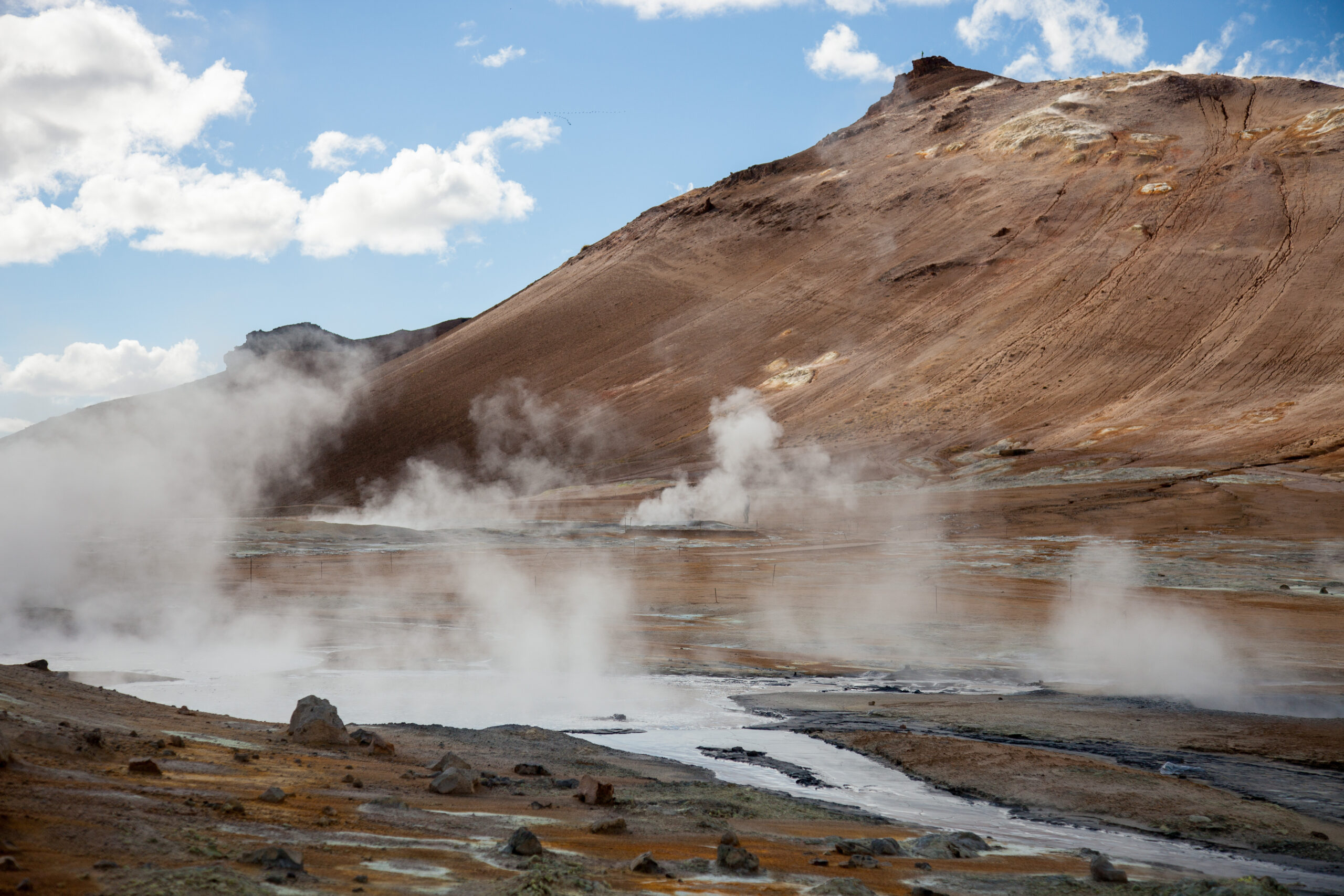

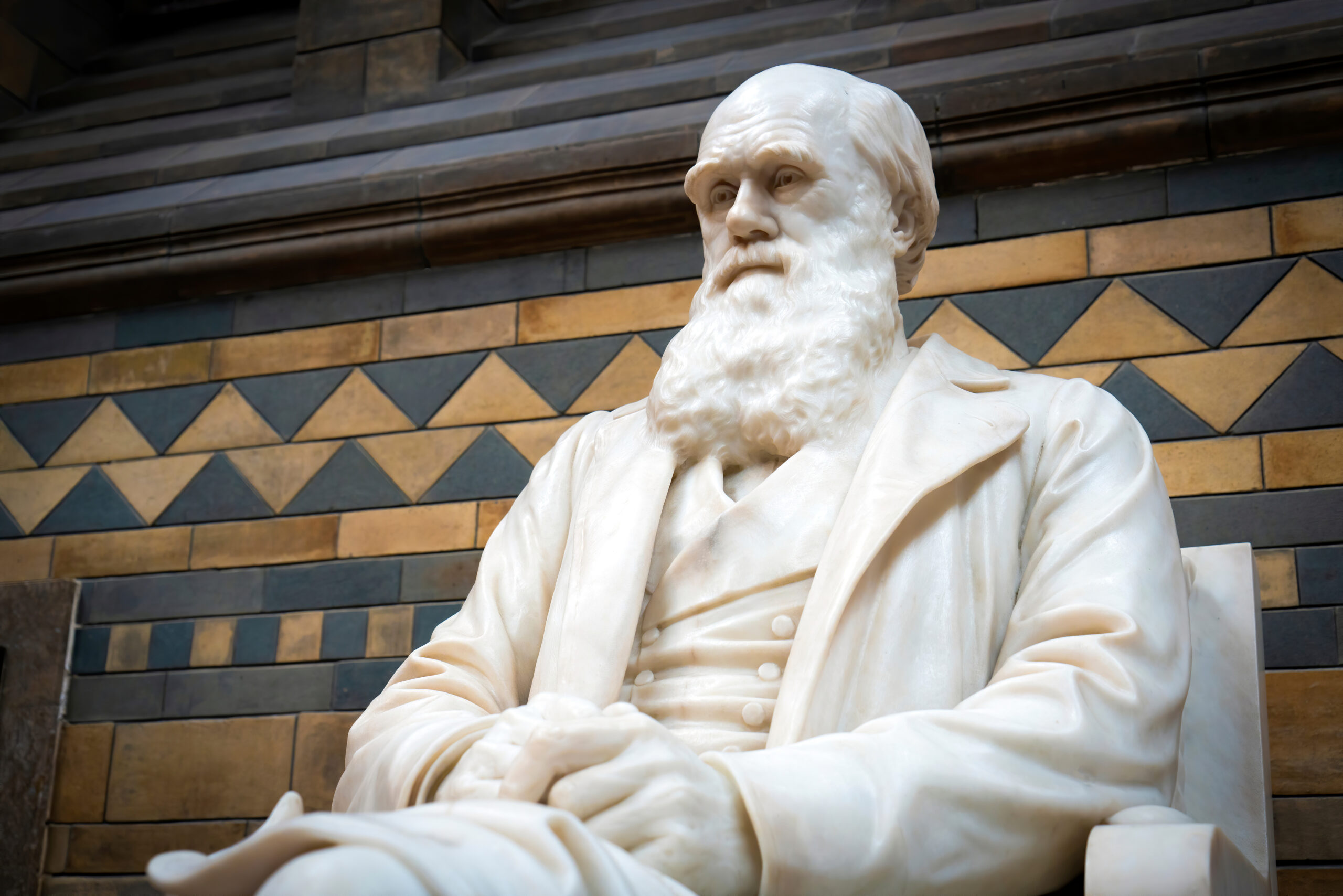
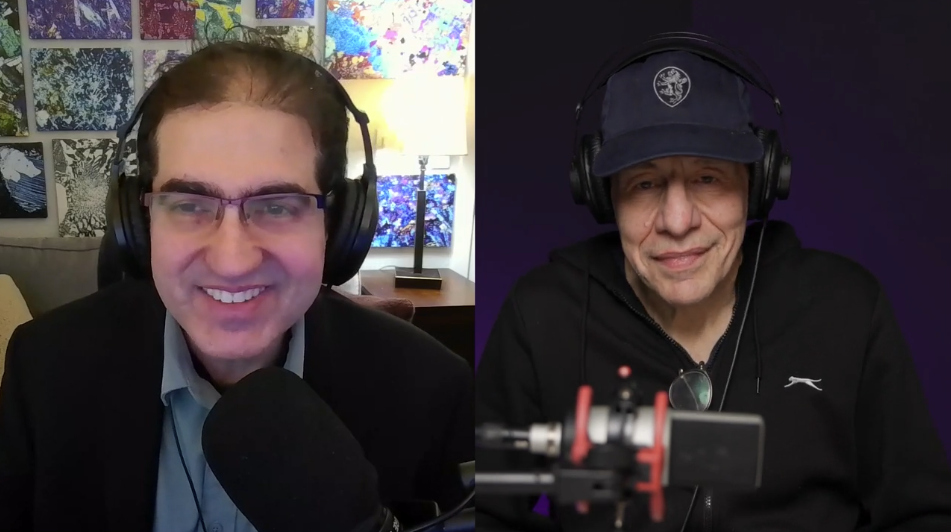

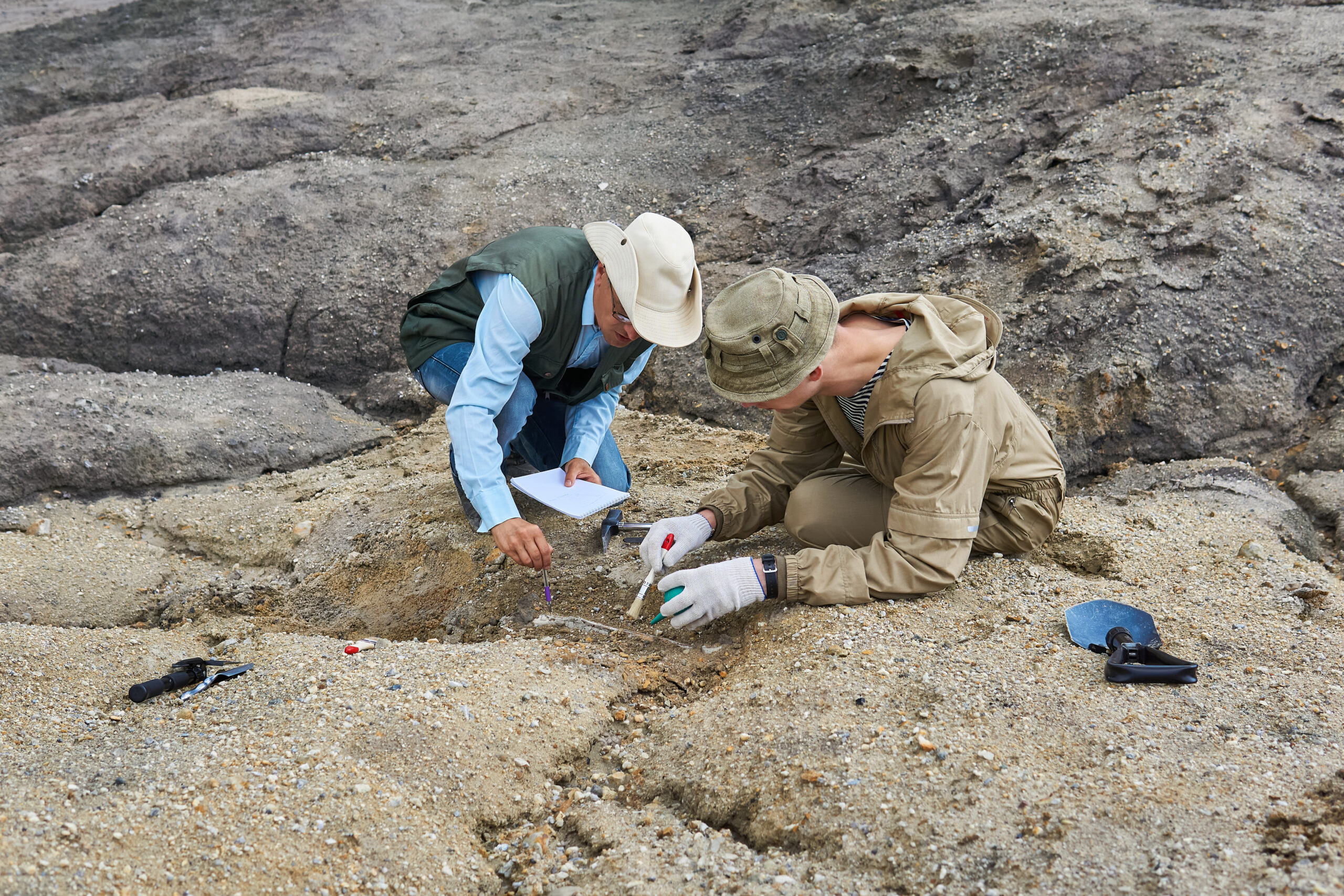
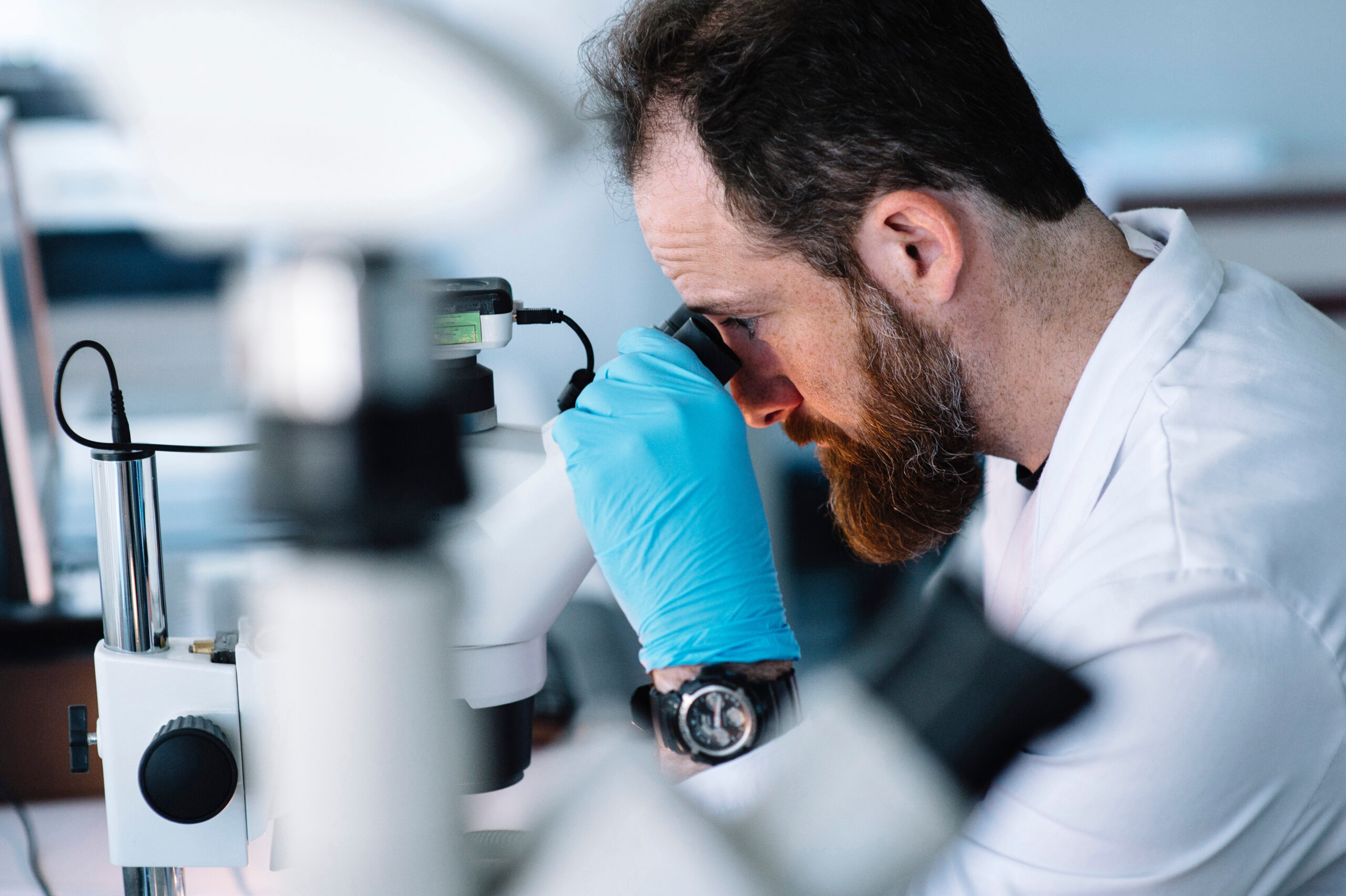








Thank you Jesus for being my hope, my Light and my Life.
Ah, a podcast about bat shit crazy Creationism. Nobody is fooled. We know what ID is.
If everything is trending towards entropy, then: [1] should we be experiencing 'global cooling'? [2] what would be powering the heat engine of hell? I can see the outer darkness aspect, as a function of entropy.
I love this podcast. If you look at all evidence objectively you must think ID possible.
lies .
This is by far my most listened to podcast, and even started at the beginning once I made it all the way through. I'm glad there's always new fresh content. And it's always very cutting edge and important. I'm slightly baffled that there isn't more buzz surrounding their work. Give it a listen and spread the word! Good ideas this way!
I appreciate most of this, but he attributed personhood and will to the singularity without giving a reason. By faith I can understand the Singularity as God, but I would have appreciated a reasoned argument for this.
You do not make a case for anything. Tell me how this is better explained by design than unguided evolution.